Introduction
Y Combinator recently conducted demo day for their Summer session of 2016. As usual, they had some awesome startups, which are bound to impact us in coming years. We compiled a list of startups on data science and IoT, which we think deserve an applause.
Let me add a bit of fun to it as well – assuming I had $1 Million, I will share my picks among these best startups. Do share yours with me in comments below.
1. Iris Automation
The recent regulations from Federal Aviation Administration have levied some strict norms on commercial drones. The drones have to remain in line of sight of pilot and has to be only flown during the daylight hours. The motive behind this regulation is to avoid any collision with buildings or people. However, this severely impacts the utility of drones and unmanned vehicles.
Iris Automation has come up with a technology where they are building a collision avoidance system for drones. With the help of computer vision and deep learning, they plan to instill the ability to detect moving objects or obstacles in the drone’s vicinity. Iris aims to make autonomous, cheap and safe drones a reality. Check out this cool video about their product:
2. CrowdAI
CrowdAI provides scalable, high-quality image annotation. They claim to be able to annotate 95% of images using machine learning & computer vision.
What do you use them for? Well, you are only limited by your imagination – Self-driving cars, automated drones and satellites capturing the market are just a few use cases to start with.
The company aims to decrease the interference of human annotators and automate the process of image recognition for all the industries.
3. YesGraphs
YesGraphs is bringing science in user referrals to mobile and web apps. They analyse social graphs of your users (obviously with their consent) and sends them a ranked list of referrals in their contact list.
This gives companies more refined user outreach and will help them target the right audience and providing more accurate estimate for the results.
4. GTrack Technologies
By pumping nanoparticles into fracking wells and detecting what comes back, GTrack quantifies the amount of oil and gas available to suck up in a well.
GTrack Technologies aims to save large amount of money and labour. Where oil and gas companies spend close to $12.5 billion GTrack aims to lower the cost to $20,000 per company.
5. Utility Score
Owning a house is the biggest expense for any individual. The soaring electricity and utility bills makes it even more difficult. If there was a way in which you could predict the ulility costs before buying a house and compare between the best option to choose from. Sounds interesting isn’t it?
Utility Score is a tool which allows users to estimate the utility bills by recommending them house projects that provide a better ROI. The company has collated data from 7000 different sources about national home information, water rates, local energy and uses algorithm to determine usage and costs at the individual home level.
Once a user selects a property Utility Score makes recommendation based on his locality and lifestyle.
6. Raptor Maps
Agriculture contributes one-third of revenue to GDP and is responsible for large employment. Farmers use variety of methods to increase the yield every year. But extensive cultivation on large scale of land requires much more than estimation and experience. Raptor maps has come up with a better technique for farmers to gauge at their crops and produce good quality crops.
Raptor Maps can survey the entire farmland with high resolution images, provide crop analytics to pinpoint problem areas. It also detects insects, disease, nutrients deficiencies and quality of the harvested crop. This will let farmers yield a better quality produce and generate more profits.
Raptor Maps are looking forward to changing the way farmers operate.
7. ZeroDB
The maturity of virtualization technology gave birth to cloud computing. With more businesses making the shift to avail on-demand benefits and cost reduction techniques, cloud computing has gained enough attention. But one factor is sure of worry, “Data Breach”. With numerous benefits of cloud computing, security remains the biggest risk.
ZeroDB allows companies to outsource their data storage by securing it with end-to-end encryption. The database server receives only the encrypted data and the decryption key remains only with the company. Thus, lowering the risk of data breach. Now companies can enjoy cost and performance benefits without compromising on security.
8. Amberbox
Gunshots kill more than 100,000 people every year in the world. Also, there is usually a delay of a few crucial minutes before intimation to the local authority. To combat this, Jake Poppers, the founder of Amberbox came up with an idea to install gunshot detectors in premises.
Amberbox designed an integrated firm alarm and gunshot detector. It detects patented gunshots algorithms and immediately alerts the authorities. In case, multiple gunshot detectors are installed on the premise, they all form a network and lock down the premises to avoid the escape of shooter. The device also alerts the authorities providing them specific details like where did the shooting began?
9. Aptonomy
Imagine your property being guarded by flying drones – a fleet of guards, who are autonomous, self charging, equipped with day and night cameras, obedient, loyal and work tirelessly for you. This is exactly what Aptonomy is creating. Check them out!
10. Vote.org
Vote.org wants to apply data science in hyper-targeted manner to get people out for vote. The non-profit plans to reach 1.2 million voters in specific urban areas. This year, $10.2 billion will be spent on competitive races with anywhere between $12 and $315 spent per voter. If Vote.org can come up with enough funding, it will utilize SMS to to impact political engagement.
11. Wallarm
A lot of attacks today get detected through a two step process – companies use a separate analytics tool to keep track of trends and then an analyst watches them to keep track of attacks. While there are a few rule based services, which help track attacks – they are not intelligent! This is what Wallarm is creating. They are applying machine learning to solve this exact problem. Wallarm profiles application structure and user behavior, then uses algorithms to identify anomalies and detect sophisticated attacks.
12. Mosaic
Mosaic is a powerful voice controlled Artifical Intelligence (AI) platform, which aims to make your smart products even smarter. They aim to take hassle out of converting homes into smart homes.
13. Emote
Emote wants to apply analytics on behaviours of children and help teachers become more effective in dealing with behavioural issues. They want to put powerful student’s behavioral information in the hands of teachers before students even walk into the classroom. Emote will be in 33 schools by the end of September and another 135 by January.
14. People.ai
People.ai is applying people analytics to sales. They capture activities of your sales team, attribute efforts to clients and opportunities automatically and then provides data backed insights for you to coach and mentor your sales team. In addition, they also integrate with calendars, phones, and emails and logs sales activity that leads to closing deals. Over 100 companies have partnered with people.ai over the last four months
15. Legalist
Legalist is bringing data science to litigation financing. Litigation financing, in its simplest form, is financing court cases and then taking a percentage of the outcome. Legalist gathers data from cases dating back to 1989 to figure out the risk and case duration for a specific case. Their model takes up to 58 variable correlated with case outcome as an input before making recommendations. Interesting approach for a relatively niche industry.
16. Robby.io
If you think autonomous cars sounds exciting, you are already behind the curve. Meet Robby! Robby makes self-driving delivery robots, which can autonomously navigate sidewalks to your door. Robby can reduce costs of deliveries by as high as 80%. Its MIT PhD-built bots have already made 50 deliveries, and Robby about to start a pilot program with Instacart. Can you think of a better use of deep learning?
17. PatientBank
I believe PatientBank can be a big data science startup of future. Currently, they are in phase 1 of their journey, where they are focusing on collecting medical records of all patients on a single platform. If, they are able to execute this phase well, there is no stopping them. Why? Because, once they have access to this data, they can apply data science to create several value added services on top of basic data collection.
18. Neowize
Neowize uses deep learning to deliver personalization for e-commerce portal. They use click rate behaviour and past viewing history of clients to come up with relevant recommendations. Simple, powerful, effective!
Where would you put your money?
As said at the start, if I had a million dollars to invest in any of these business, I would put it in Robby! They are solving a big problem, have the right kind of founding team and have already started testing their product. Where would you put your money, if you had a Million dollars to invest? Let me know through comments below.
Endnotes
I hope you enjoyed reading this article as much as I enjoyed writing it. If you were intrigued with all these new start-ups and have any favourites’ then drop in your comments below to tell me about it. Till then, stay tuned to more such interesting reads and we’ll make sure we keep enriching your knowledge with more interesting finds.
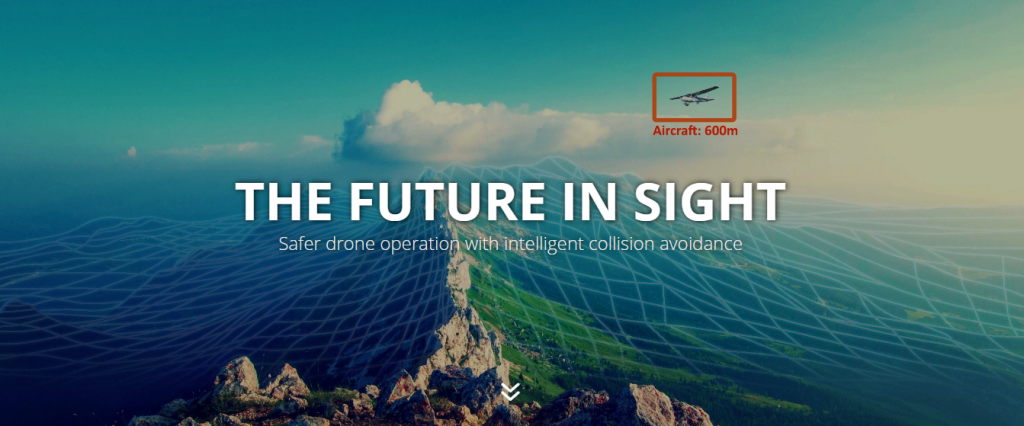
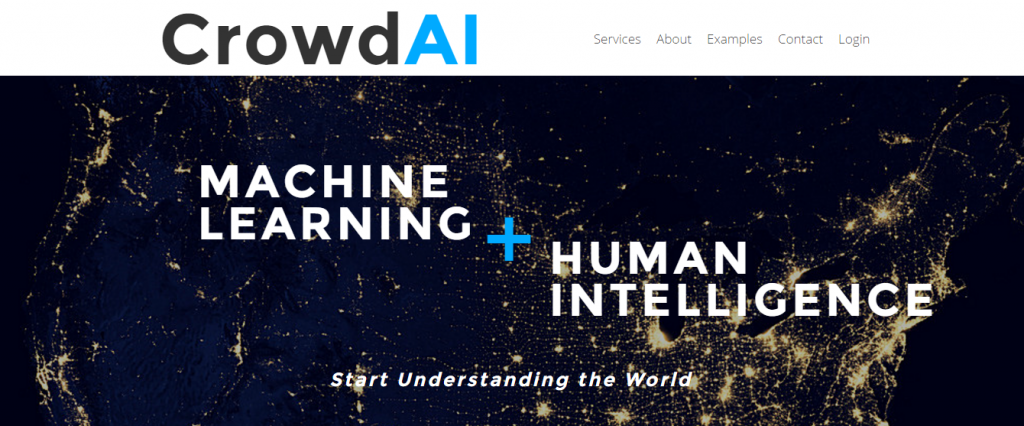
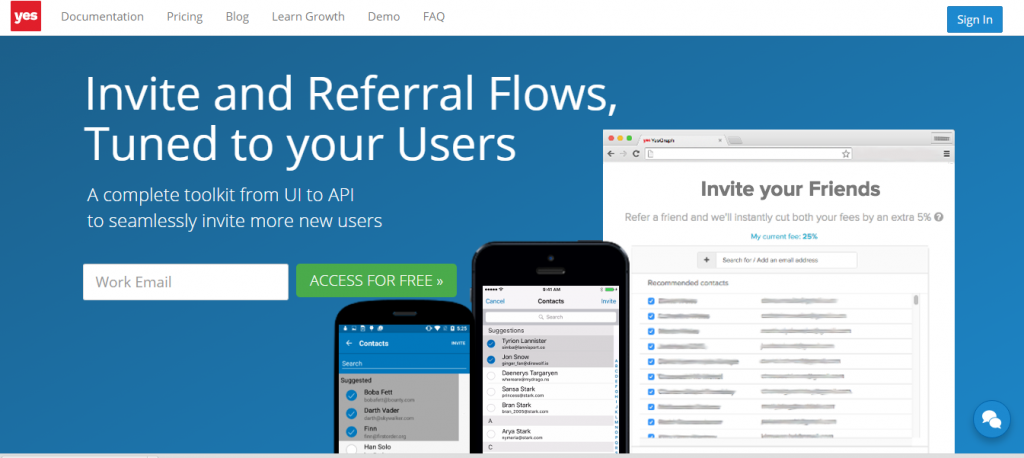

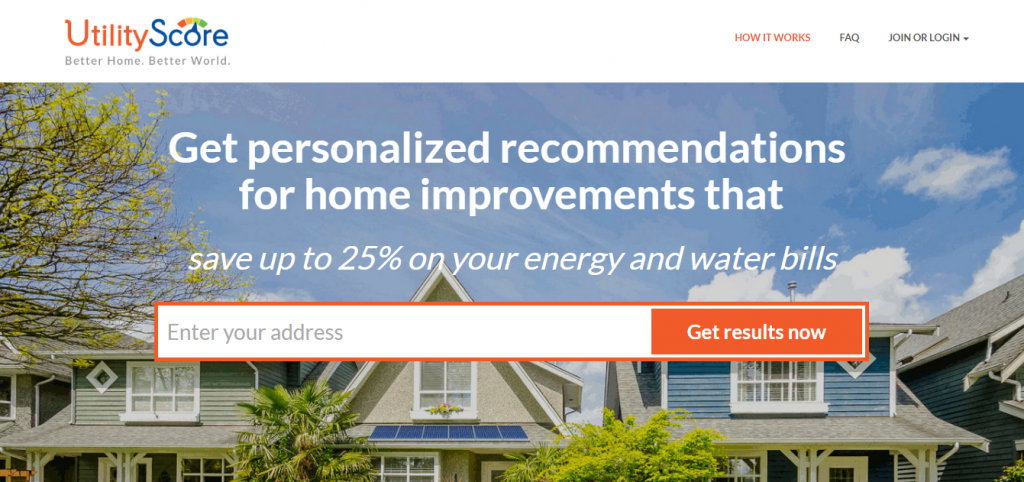
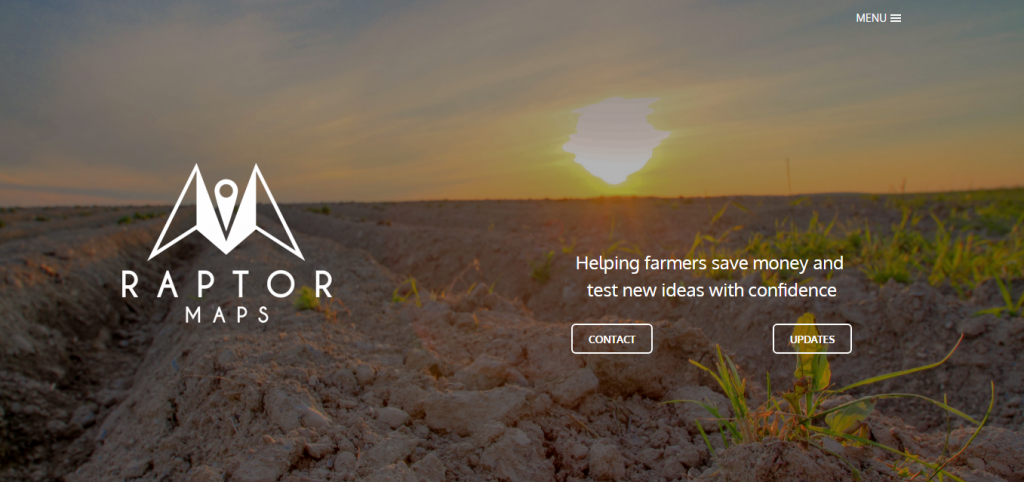
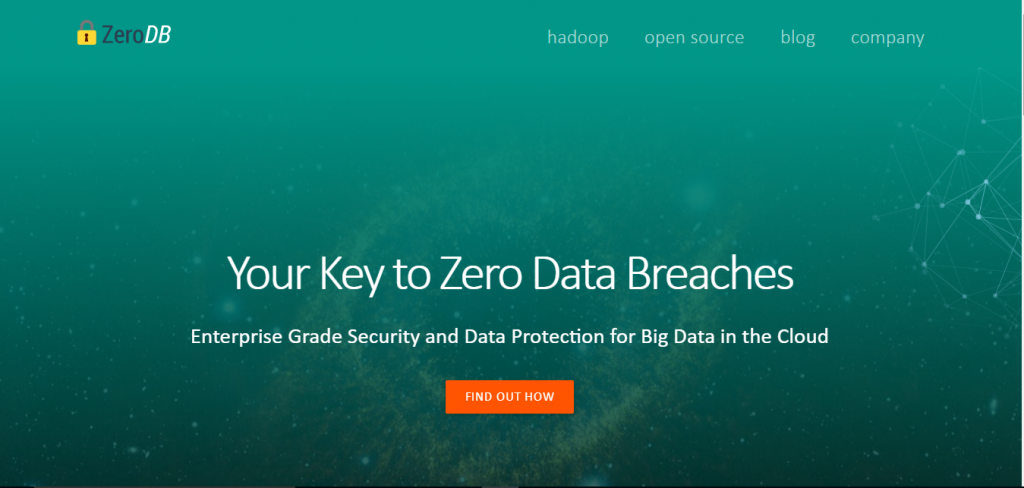

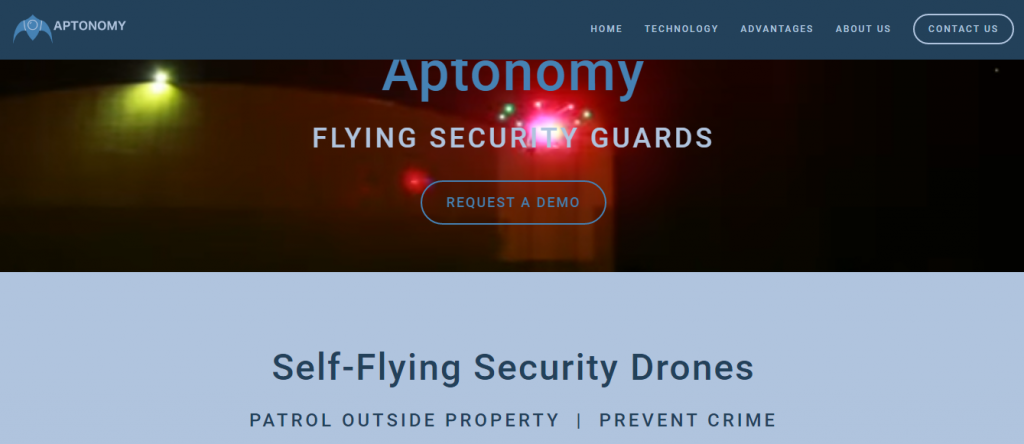
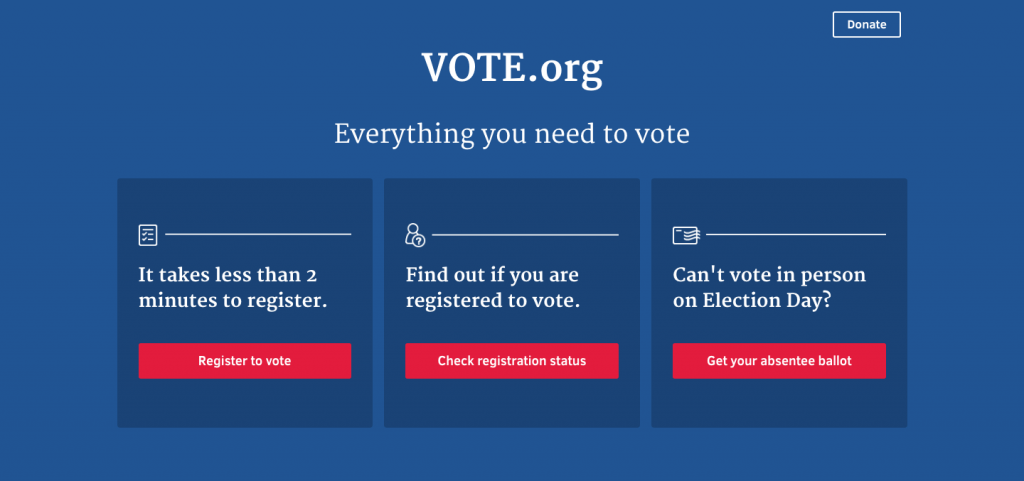
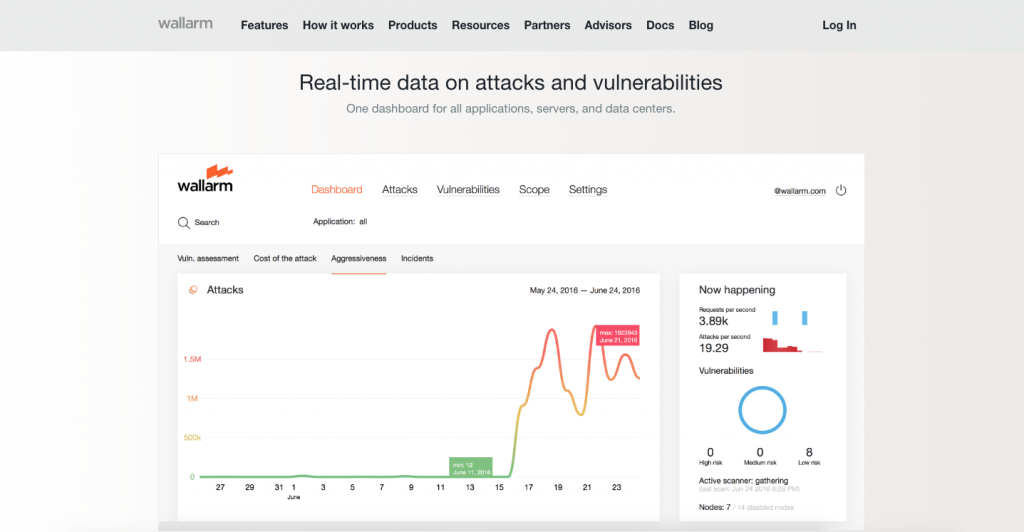

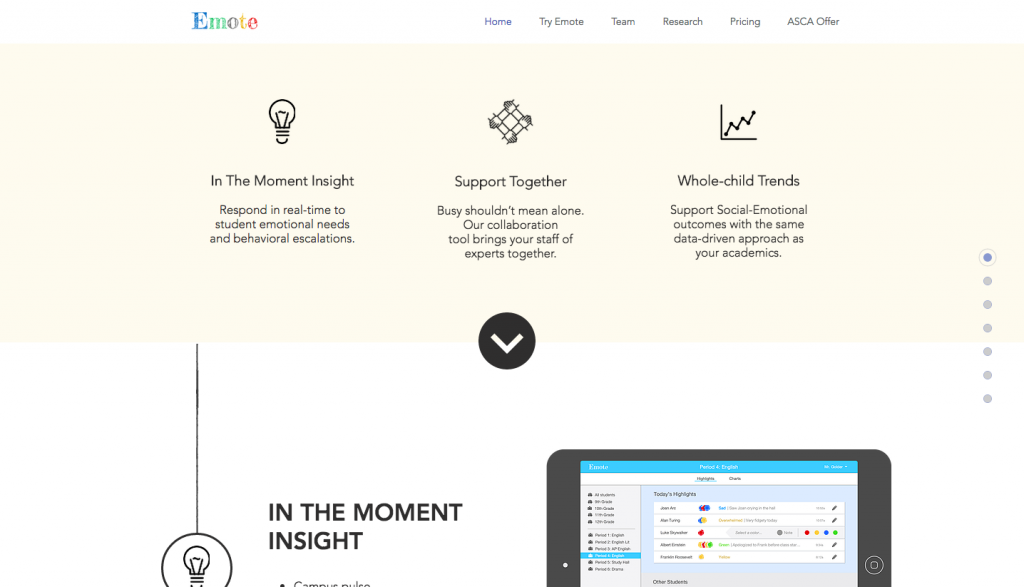
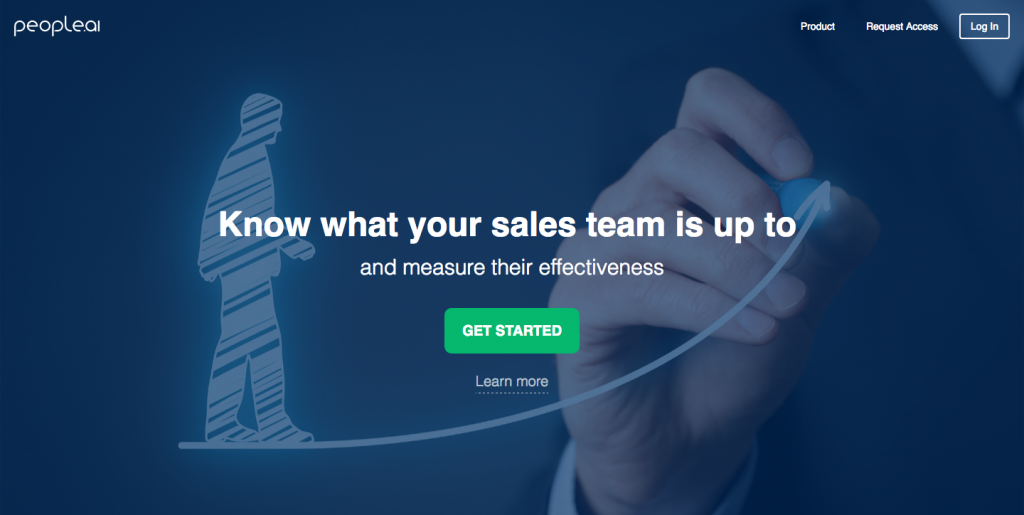
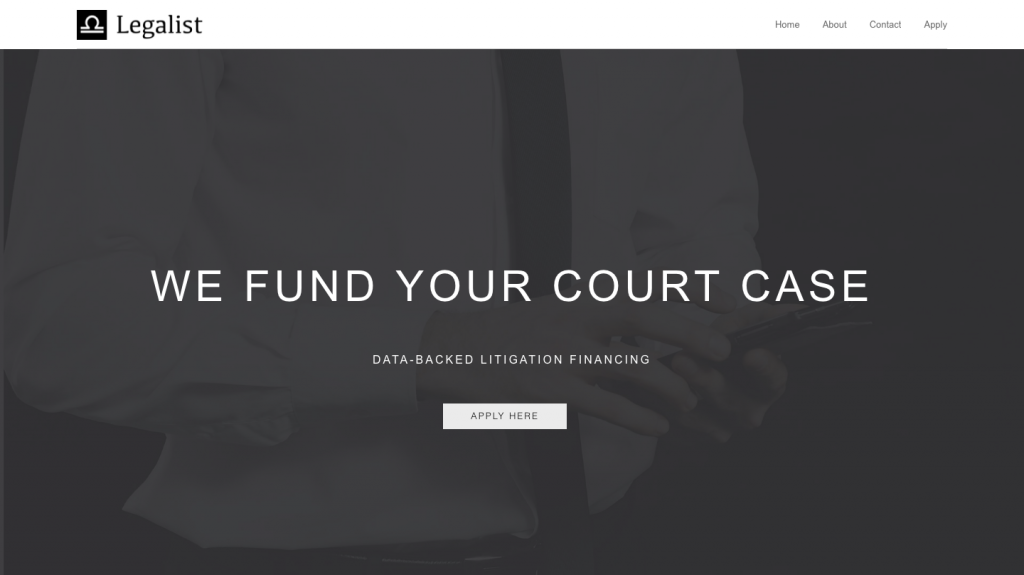

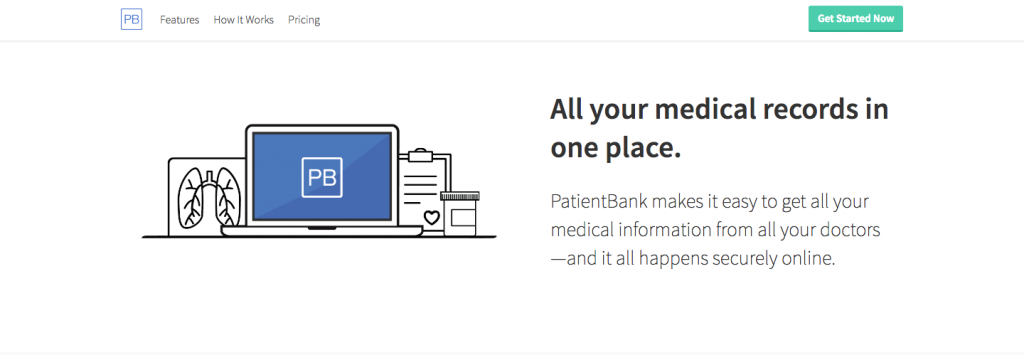




I would invest in 1.Gtrack Technologies and 2.Raptor Maps (Agriculture contributes one-third of revenue to GDP) 3.Amber box 3. Iris automation
Thanks Reddaiah, any specific reasons for picking them up? Regards, Kunal
I would invest in Raptor Maps and Patient Bank, Raptor Maps Though there are couple of initiatives taken by government for increasing agricultural yield, there are still very high scope of improvement. I can only imagine the benefit it would have for the entire country and the people. Patient Bank Though we already have such systems outside India whereby all the health data is saved for every citizen and accessible at every corner of the country, no such system prevails in India. This would be very beneficial for saving lives and giving treatments as it would be very easy to diagnose any disease if the doctor can look at the patients historical health data.
I would vote for 1) patientbank - Amount of data with them will be huge , we can apply a lot of machine learning techniques on this big data 2) Legalist